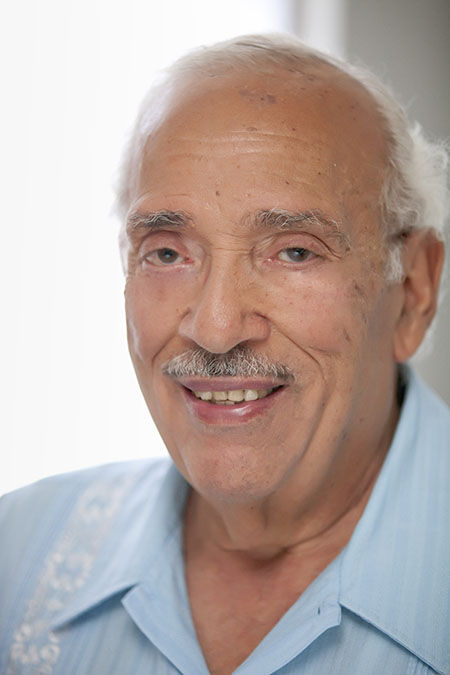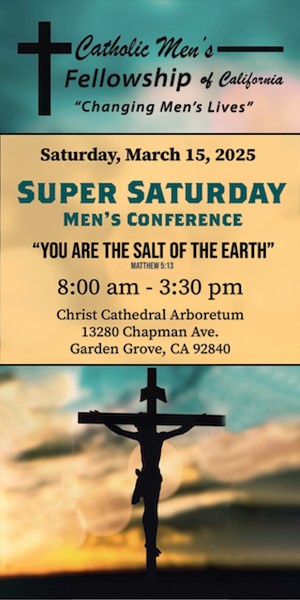Dr. Maher Hathout’s death earlier this month creates a void in the Los Angeles interfaith community, for he was not only one of the early leaders of interfaith dialogue in our city, but was also the titular head of the Muslim community here. Early on in my own endeavors in this arena, I was impressed by his eloquence, wisdom, warmth, call for critical thinking in Islam and quiet sense of humor.
He was a trailblazer and, in large part, the motivational force behind efforts at dialogue between the Jewish and Muslim communities. He was the first (and only) Muslim President of the Interreligious Council of Southern California and as such welcomed Saint Pope John Paul II to Los Angeles in September 1987 on behalf of the interfaith community.
When His Holiness died, I asked Dr. Hathout to speak at the Interfaith Memorial Service at Our Lady of the Angels Cathedral on behalf of the Muslim community: I recall watching as he paused and bowed deeply before the large portrait of the late pope in the sanctuary.
Dr. Hathout developed a wonderful friendship with the late Rabbi Leonard Beerman and Rev. George Regas, an Episcopal priest, friendships upon which I have attempted to model my own relationships with leaders of other faith traditions.
Dr. Hathout and I appeared together on a number of interfaith panels on innumerable subjects over the years at various churches and mosques and civic venues. We also both served on the Christian Muslim Consultative Group, dedicated to combating Islamophobia in the aftermath of 9/11.
With the onset of the “Arab Spring,” and particularly with the overthrow of Egyptian President Morsi, the situation between the Muslim and Coptic Christian populations there deteriorated. I knew that both Dr. Hathout and Coptic Bishop Serapion were eager to prevent these Middle East divisions from poisoning relations in Los Angeles and so I encouraged their outreach to each other. Several weeks later I was honored to be invited to attend and speak at a press conference on the steps of L.A. City Hall at which these two dynamic and courageous leaders publicly pledged to work together for understanding between their two communities.
In 2013 Dr. Hathout authored the Muslim Public Affairs Council’s “Declaration Against Extremism,” unambiguously terming ISIS “un-Islamic.” And one of his last op-ed pieces, co-authored with Salam al Marayati, reflects, I think, his courage and determination to always speak out and say what needed to be said: “American Muslims can significantly contribute to the revival of Islam and restore human dignity as a central principle of the faith. … American Muslims have the freedom to create positive change for Islamic reform.” On this sad occasion, the Quranic verse “From God we come and to him we return” [Sura 2.156] comes to mind. May you rest the sleep of the just, my friend.

